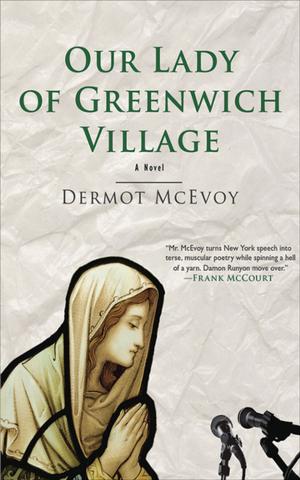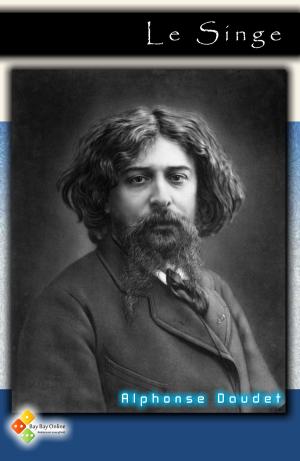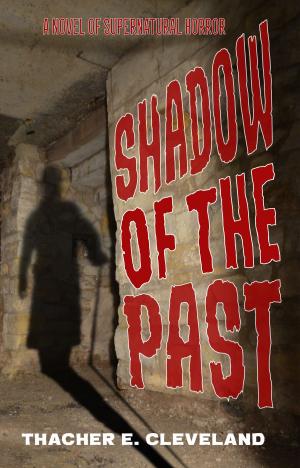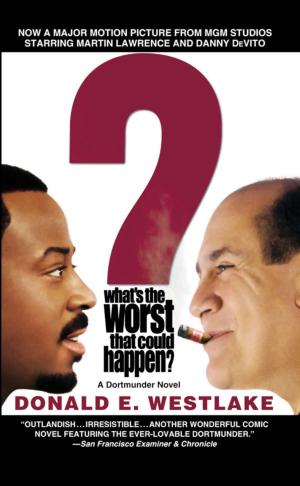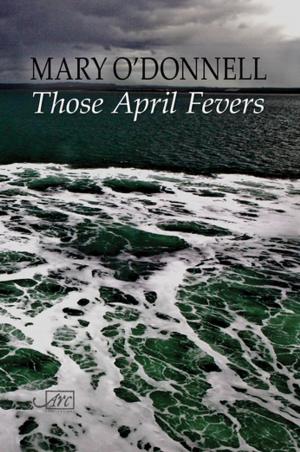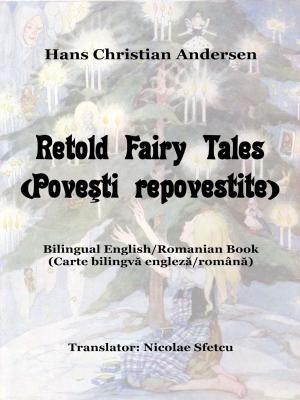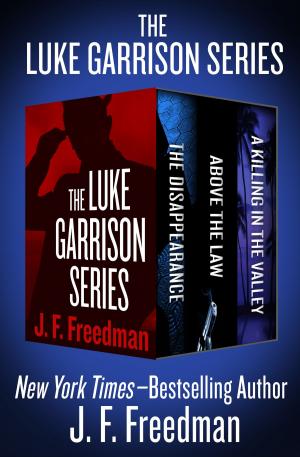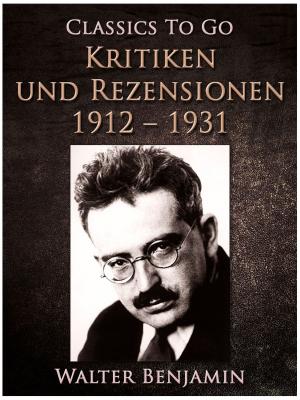| Author: | Kenneth Crowe | ISBN: | 9781452411927 |
| Publisher: | Kenneth Crowe | Publication: | July 5, 2011 |
| Imprint: | Smashwords Edition | Language: | English |
| Author: | Kenneth Crowe |
| ISBN: | 9781452411927 |
| Publisher: | Kenneth Crowe |
| Publication: | July 5, 2011 |
| Imprint: | Smashwords Edition |
| Language: | English |
Synopsis of The Absconder
Chris Dunne is a bright, cheerful, poetry-spouting 56-year-old bartender, who could have been so much more with the right education and the right breaks. Once his prospects seemed unlimited. He grew up in Woodside, an Irish working-class neighborhood in Queens, one of New York City’s five boroughs. He enjoyed a solid prep school education from the Jesuits with an emphasis on Latin, Greek, German, literature and self-discipline. He graduated from College Point Jesuit High School where he was an All-City end on a championship team. He chose to go to Colgate on a football scholarship.
In the summer of 1952, Chris’ world turned upside. Instead of college, he went to prison convicted of a robbery-murder (he didn’t commit) of a Manhattan banker. He stayed inside for 28 years.
He was fortunate in being six-foot-two, an athletic 200 pounds, and from a working class neighborhood where violence is part of the culture. Those are assets in fending off the sexual predators in prison. He was fortunate too in having two mentors: the headmaster of his high school who encouraged him to develop his mind by reading and memorizing Virgil’s Aeneid, which led to a continuing study of poetry through the long years; and a Chinese tai chi master, who schooled him in the soothing martial art, which both gave him control over his emotions and built his self confidence with the knowledge that he could disable or kill with his bare hands through a simple, crushing grip on an opponent’s throat.
Chris spent an extra eight years in prison—beyond his minimum 20 year sentence—because of his refusal to admit his guilt in the murder of the Manhattan banker, the contrition demanded by the parole board.
Chris’ parole officer is Martin Zelotovich, a nitpicking bureaucrat, who is intent on finding an excuse to return him to prison. Zelotovich holds Chris on a short leash, checking up on him at all hours of the night, requiring weekly visits to the parole office, forcing him to quit a lucrative Teamsters job, taking in its place a boring, factory-like position as a computer inputer. After two years of this torturous existence, Zelotovich is able to charge Chris with a minor parole violation—meaning he will be returned to prison for at least two years and possibly for the rest of his life.
Chris decides to run. He becomes the absconder of the title
Zelotovich, as Chris’ nemesis, will impose two major crises on Chris forcing him to flee in each instance to avoid prison and to leave behind the lives he had built. The jealousy and greed of a woman poet will create the third and final major crisis for Chris turning him into a fugitive at a time he had achieved a level of success he never believed possible.
In his final bid for freedom, the protagonist travels to the site of ancient Troy, intending to fulfill his lifelong dream of following Aeneas’ course across the Aegean and Mediterranean Seas to Greece, North Africa and Italy. Spending a few days at a hotel in a small fishing village overlooking the Gulf of Edremet, he meets Isabella Rubino, a wealthy Italian widow with an interest in poetry. The book ends several months later on the day Chris and Isabella split up. She goes home to Rome. He goes down to the beach below her house. Instead of fulfilling his dream of following Aeneas’ path across the Aegean and Mediterranean seas on a chartered yacht, he is so tired of running and the fear of being returned to the agony of prison, that he sets out to find the answer to the two part question on every human being’s mind: Is there a life hereafter and what is it like? He hoped he wasn’t going into an eternal hell; the end of awareness would be preferable. He stripped, plunged into the cold water of the Gulf of Edremet and swam towards whatever God, if he was on the other side, had in store for him.
Synopsis of The Absconder
Chris Dunne is a bright, cheerful, poetry-spouting 56-year-old bartender, who could have been so much more with the right education and the right breaks. Once his prospects seemed unlimited. He grew up in Woodside, an Irish working-class neighborhood in Queens, one of New York City’s five boroughs. He enjoyed a solid prep school education from the Jesuits with an emphasis on Latin, Greek, German, literature and self-discipline. He graduated from College Point Jesuit High School where he was an All-City end on a championship team. He chose to go to Colgate on a football scholarship.
In the summer of 1952, Chris’ world turned upside. Instead of college, he went to prison convicted of a robbery-murder (he didn’t commit) of a Manhattan banker. He stayed inside for 28 years.
He was fortunate in being six-foot-two, an athletic 200 pounds, and from a working class neighborhood where violence is part of the culture. Those are assets in fending off the sexual predators in prison. He was fortunate too in having two mentors: the headmaster of his high school who encouraged him to develop his mind by reading and memorizing Virgil’s Aeneid, which led to a continuing study of poetry through the long years; and a Chinese tai chi master, who schooled him in the soothing martial art, which both gave him control over his emotions and built his self confidence with the knowledge that he could disable or kill with his bare hands through a simple, crushing grip on an opponent’s throat.
Chris spent an extra eight years in prison—beyond his minimum 20 year sentence—because of his refusal to admit his guilt in the murder of the Manhattan banker, the contrition demanded by the parole board.
Chris’ parole officer is Martin Zelotovich, a nitpicking bureaucrat, who is intent on finding an excuse to return him to prison. Zelotovich holds Chris on a short leash, checking up on him at all hours of the night, requiring weekly visits to the parole office, forcing him to quit a lucrative Teamsters job, taking in its place a boring, factory-like position as a computer inputer. After two years of this torturous existence, Zelotovich is able to charge Chris with a minor parole violation—meaning he will be returned to prison for at least two years and possibly for the rest of his life.
Chris decides to run. He becomes the absconder of the title
Zelotovich, as Chris’ nemesis, will impose two major crises on Chris forcing him to flee in each instance to avoid prison and to leave behind the lives he had built. The jealousy and greed of a woman poet will create the third and final major crisis for Chris turning him into a fugitive at a time he had achieved a level of success he never believed possible.
In his final bid for freedom, the protagonist travels to the site of ancient Troy, intending to fulfill his lifelong dream of following Aeneas’ course across the Aegean and Mediterranean Seas to Greece, North Africa and Italy. Spending a few days at a hotel in a small fishing village overlooking the Gulf of Edremet, he meets Isabella Rubino, a wealthy Italian widow with an interest in poetry. The book ends several months later on the day Chris and Isabella split up. She goes home to Rome. He goes down to the beach below her house. Instead of fulfilling his dream of following Aeneas’ path across the Aegean and Mediterranean seas on a chartered yacht, he is so tired of running and the fear of being returned to the agony of prison, that he sets out to find the answer to the two part question on every human being’s mind: Is there a life hereafter and what is it like? He hoped he wasn’t going into an eternal hell; the end of awareness would be preferable. He stripped, plunged into the cold water of the Gulf of Edremet and swam towards whatever God, if he was on the other side, had in store for him.


